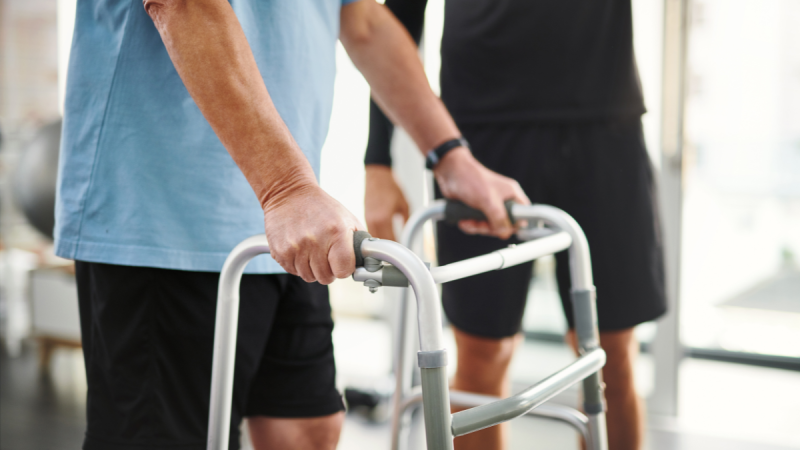Melbourne Parent’s Guide to Developmental Support and ADHD NDIS Resources (2025 + Free Checklist)
Looking for the right ADHD NDIS support for your child in Melbourne? Download our free 2025 checklist and explore expert-backed resources tailored for parents.




